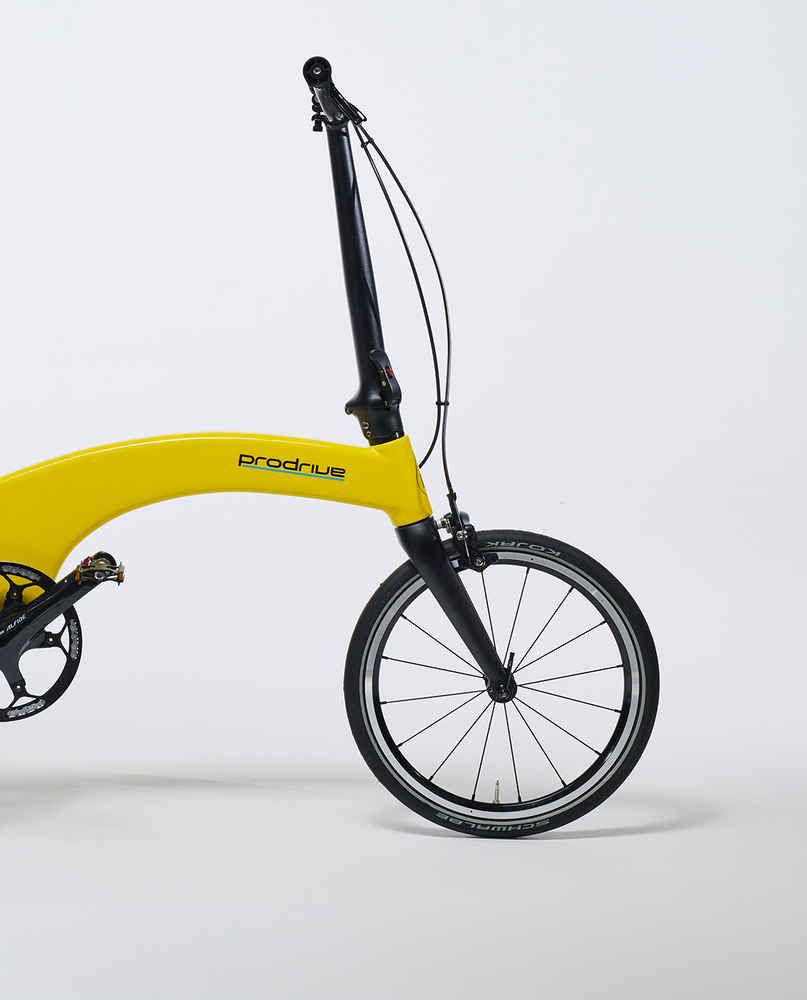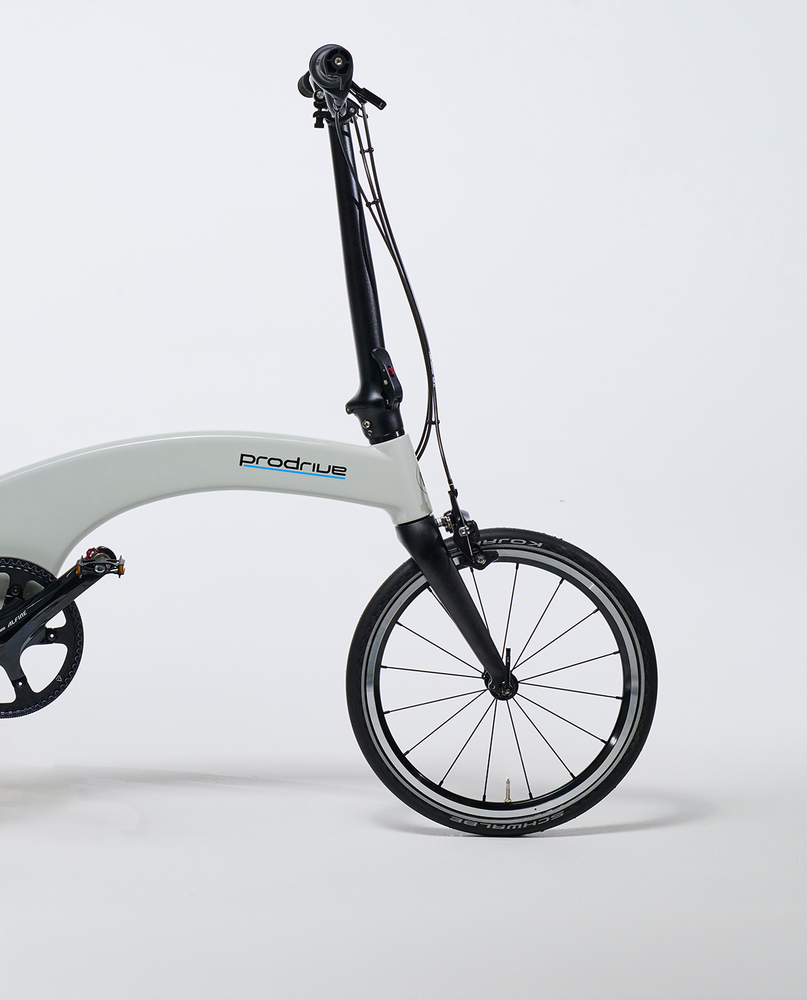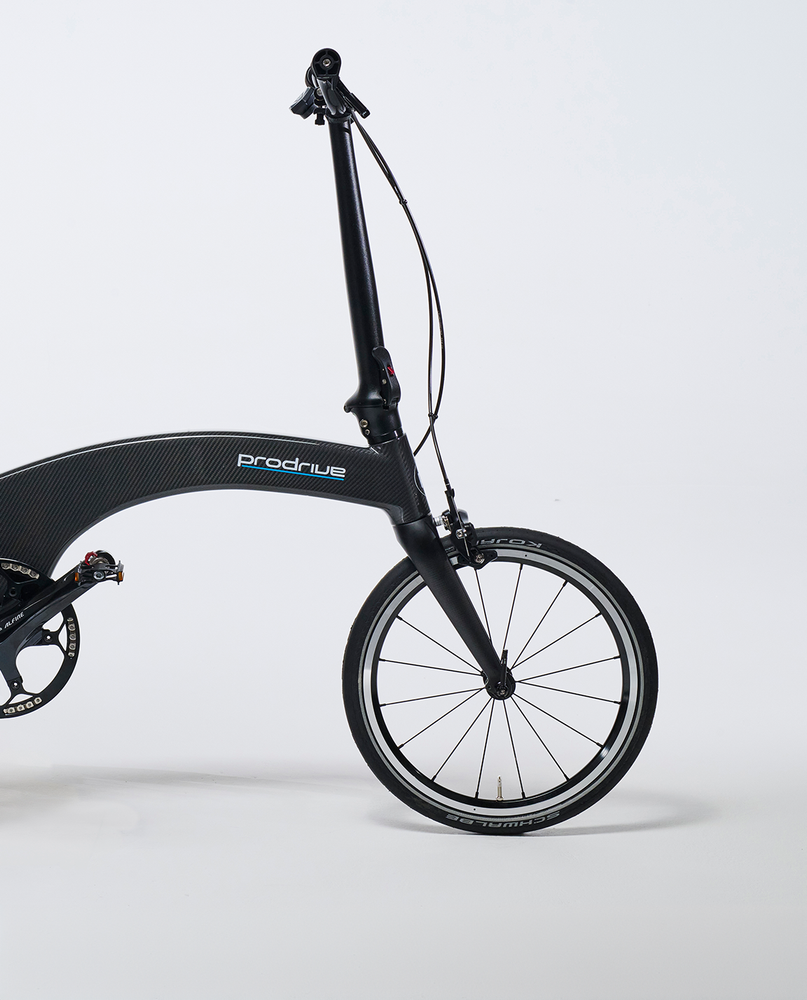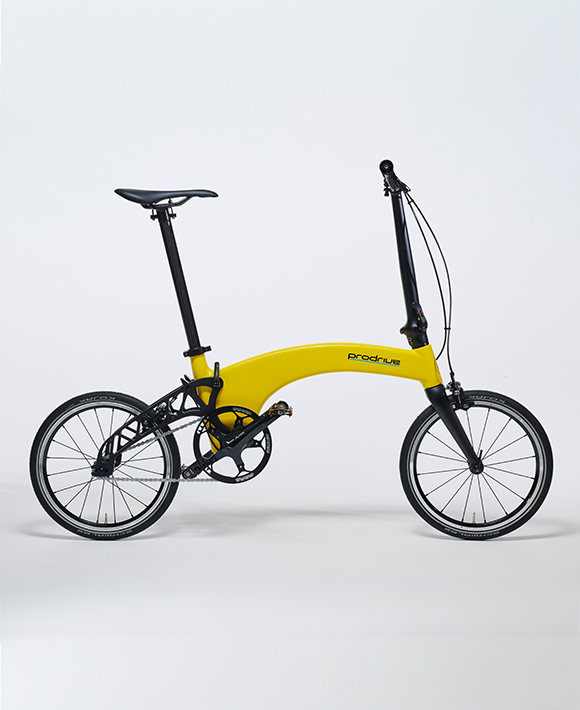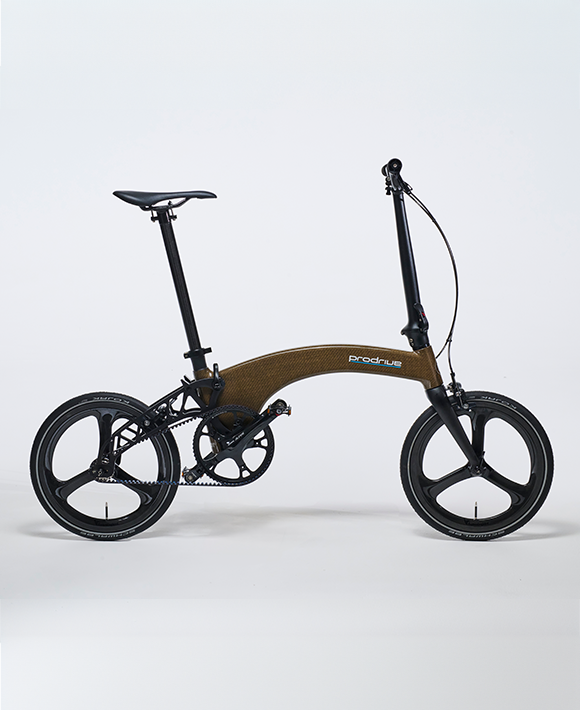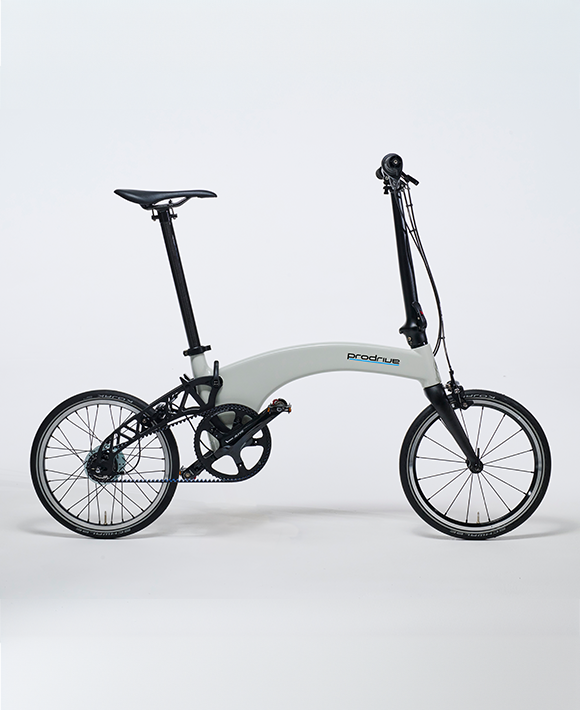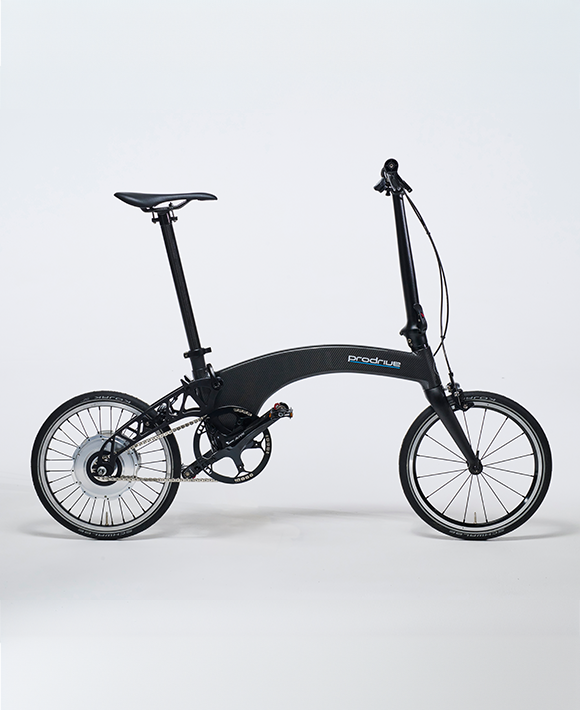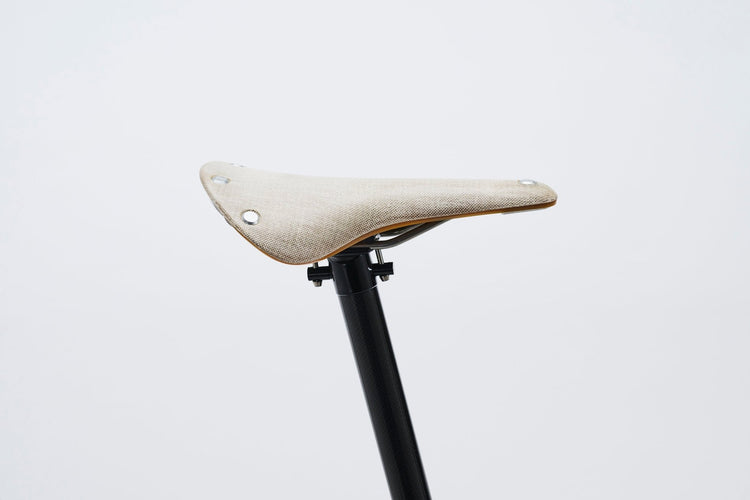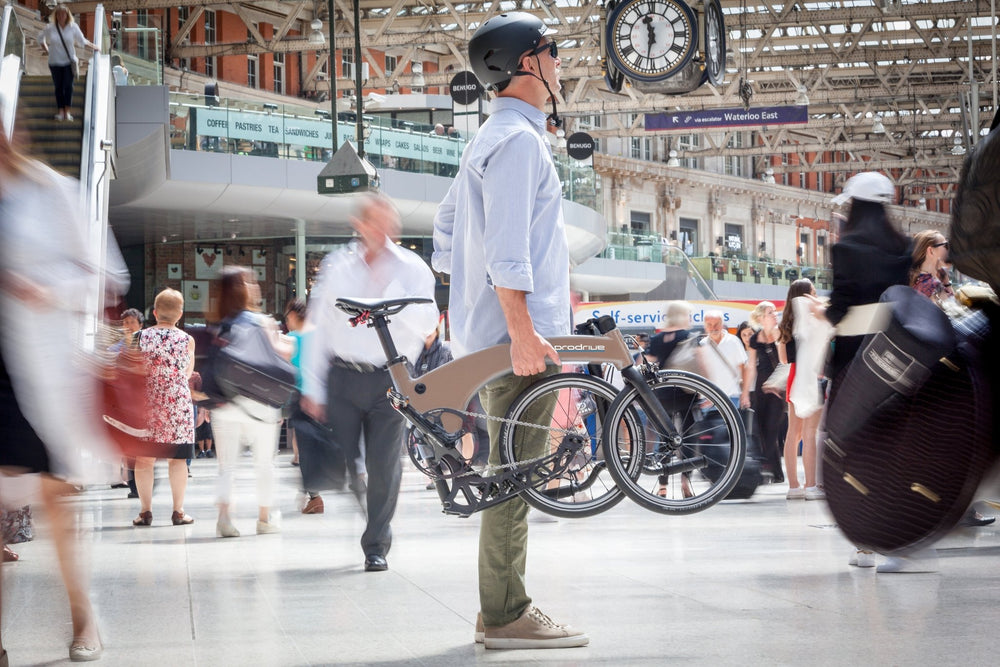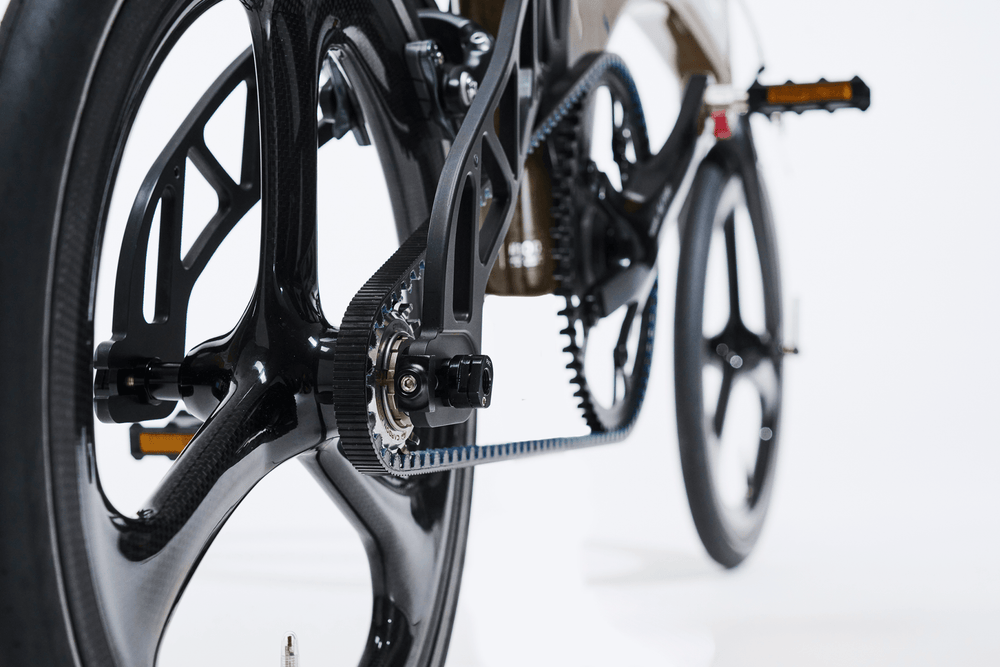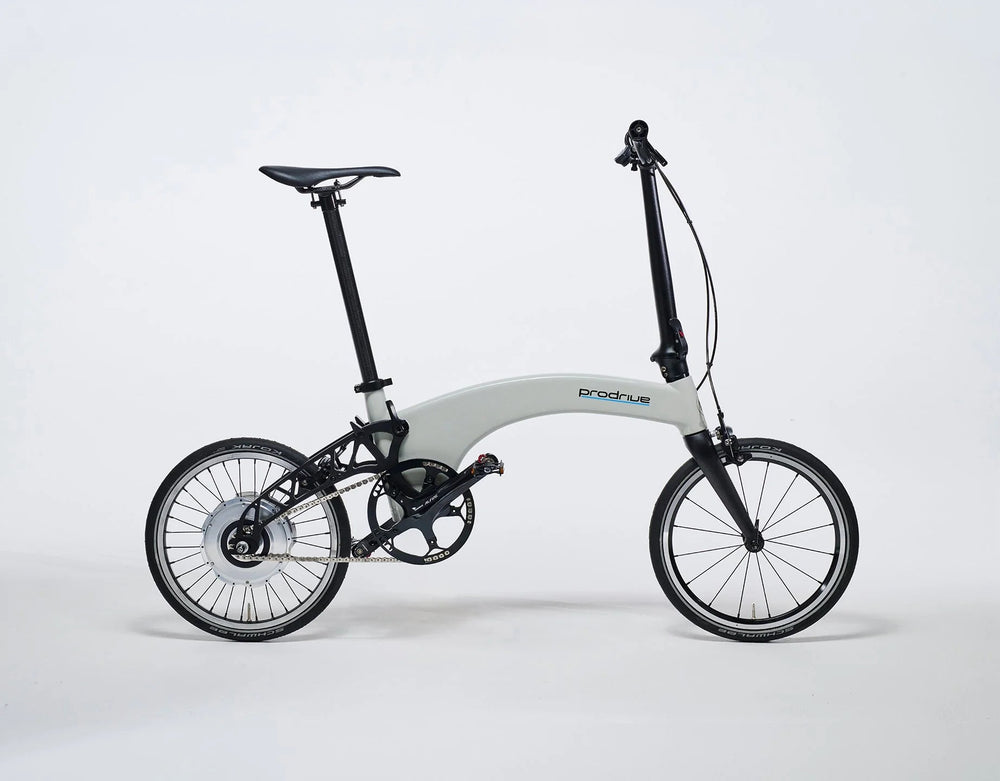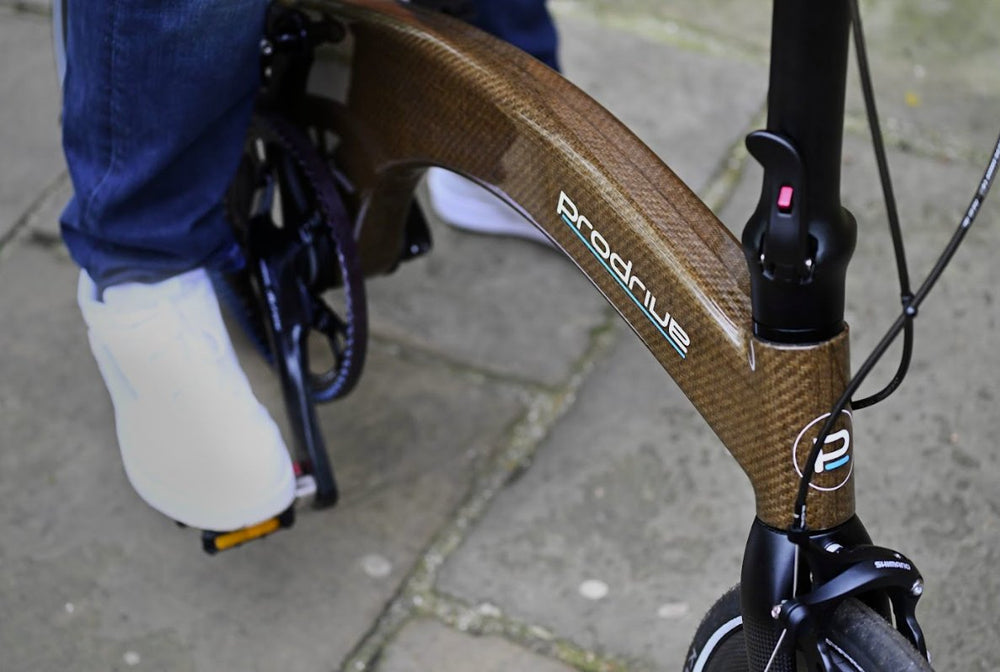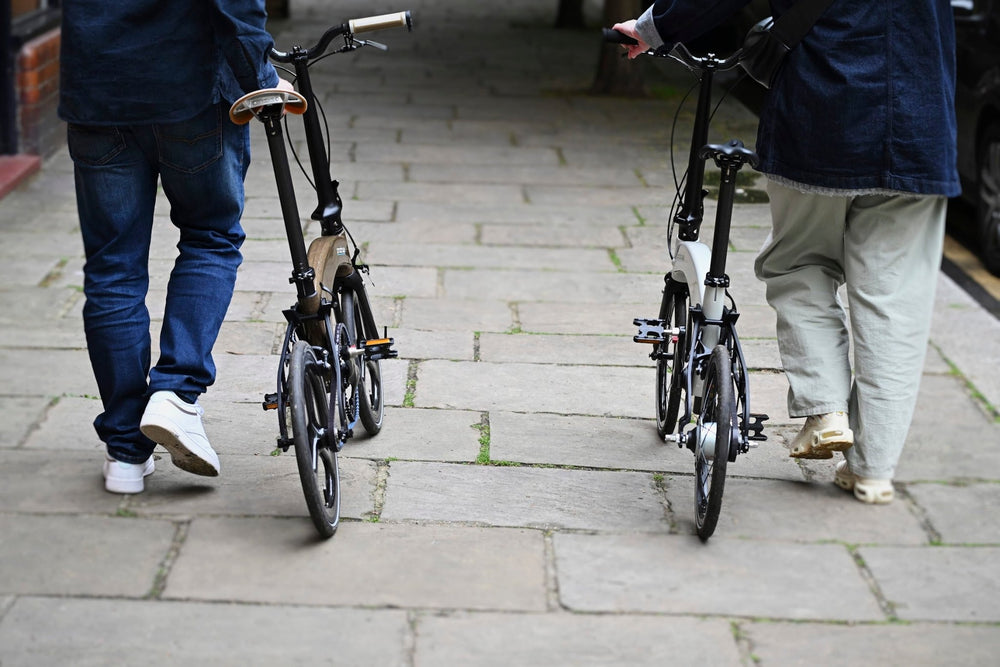You might also like
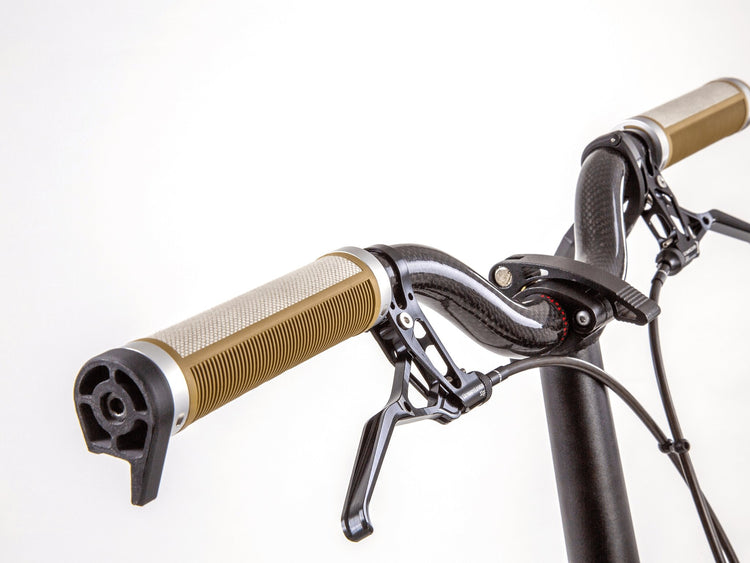
Brooks Cambium Rubber Grips
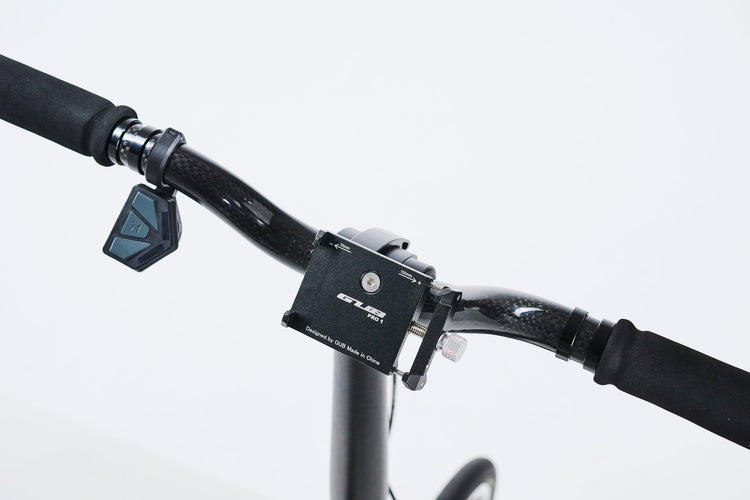
Phone holder

Kolibri-Tragetasche
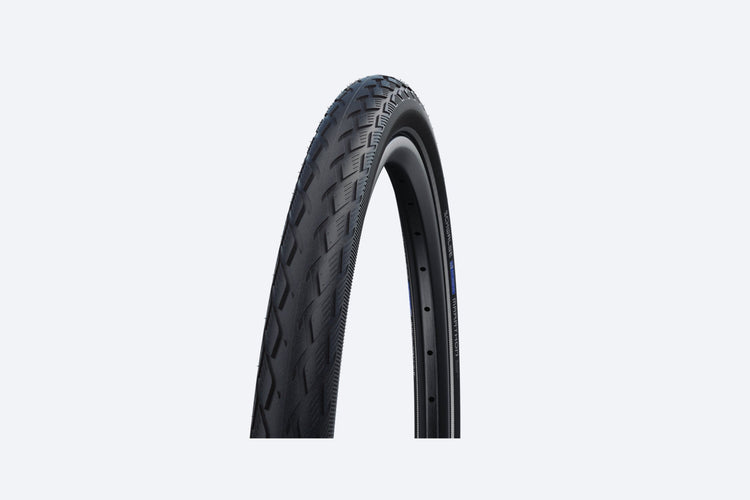
Schwalbe Marathon Tire Swap
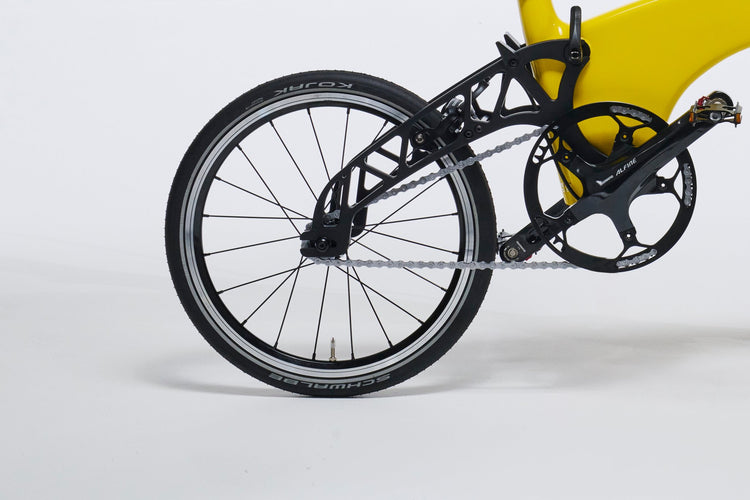
Spare Single Speed Wheel
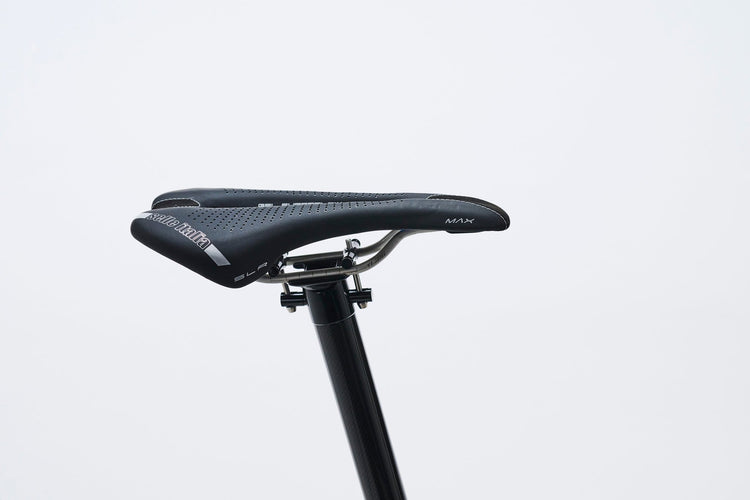
Men's Gel Saddle
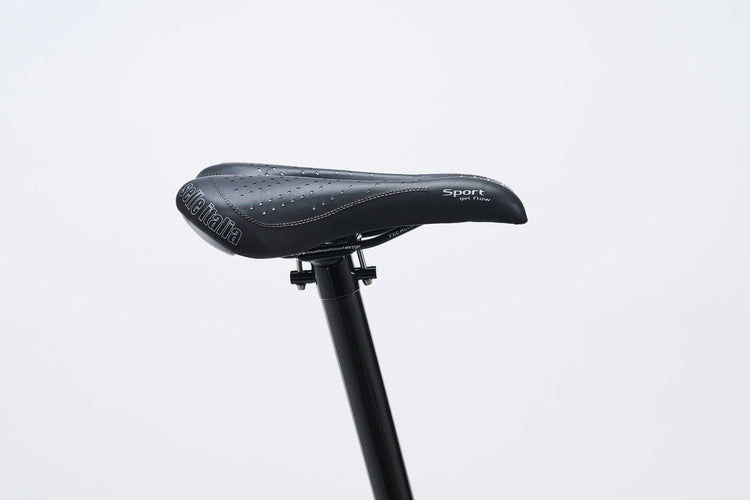
Women's Gel Saddle

01 June 2023
Two Wheels, Many Cultures: The World's Cycling Communities
Embark on an exhilarating journey through the world's vibrant cycling communities. In anticipation of World Bike Day, we invite you to join us as we explore the diverse cultures that embrace the freedom and joy of cycling. From the enchanting canals of Amsterdam to the bustling streets of Tokyo, each pedal stroke unveils a unique look into how societies around the world embrace this timeless mode of transportation.
Cycling transcends boundaries, speaking a universal language of sustainability, community, and liberation. In this immersive adventure, we will witness the effortless elegance of Copenhagen, the vibrant energy of Portland, and the artistic flair of Strasbourg. From ancient Italian streets to the Netherlands' bike-friendly bridges and bustling Asian cities, we'll uncover the common threads that bind us while celebrating the charms of each cycling community.
Whether you're an avid cyclist, intrepid adventurer, or simply curious about the power of two wheels, this expedition showcases the beauty and diversity of global cycling cultures. So, gear up, feel the wind on your face, and let's embark on this extraordinary journey together—wherever your wheels may take you.
The Netherlands: A Cycling Paradise

In the land of tulips, windmills, and picturesque canals, the Netherlands is a true cycling paradise. It is a nation where bicycles effortlessly weave into the fabric of daily life, and cycling is as natural as breathing. The Netherlands' cycling culture and infrastructure sets the bar for the world.
In cities like Amsterdam, Rotterdam, and Utrecht, cycling is not merely a means of transportation but a way of life. Picture yourself riding along historic streets, with the clicking of gears and the ring of bells serenading your journey. Dedicated cycle paths wind the cities, guiding riders past iconic landmarks, quaint neighbourhoods, and bustling markets. Here, bicycles outnumber cars AND people, enjoying priority on the road. The country has around 23 million(!!!) bicycles, equating to 1.3 bikes per person. That's an impressive amount of wheels for one city.
The Dutch passion for cycling runs deep, originating from a combination of historical, cultural, and geographical factors. Throughout the ages, the Netherlands has embraced cycling as a solution to transportation challenges. Today, it's a shining example of a society prioritising sustainability, health, and efficiency.
One cannot overlook the remarkable cycling infrastructure that graces the Dutch landscape. Extensive networks of dedicated bike lanes, separate traffic lights for cyclists, and even bike-friendly roundabouts ensure seamless and safe journeys for riders of all ages. With an unwavering commitment to promoting cycling, the Netherlands continually innovates, seeking new ways to make cycling more accessible and enjoyable.
But it's not just the infrastructure that makes the Netherlands a cycling utopia. It's the collective mindset, the unwritten rules of the road, and the respect that cyclists and motorists share. The social norms and mutual understanding between road users create an environment where everyone feels valued and safe.
Japan: From Tradition to Recreation
In the far-eastern archipelago of Japan, a unique cycling culture awaits us—one that seamlessly blends tradition with modern recreation. Here, cycling has evolved from a practical mode of transportation to a beloved pastime and a way to reconnect with nature and oneself.
Japan's cycling culture is deeply rooted in its rich history and reverence for harmony. Traditional elements mesh with contemporary practices, creating a cycling experience that is both serene and exhilarating.
One remarkable aspect of Japanese cycling culture is the popularity of group rides. Known as "Koinobori," these cycling gatherings bring together enthusiasts of all ages, clad in colourful jerseys and riding in unison. The camaraderie and sense of community that radiate from these group rides are infectious, creating a shared experience that transcends individual journeys.
Beyond the bustling cityscapes, Japan offers breathtaking cycling routes through the country's natural beauty. Scenic routes often incorporate historic landmarks, serene temples, and peaceful rural landscapes, providing a glimpse into Japan's deep cultural heritage.
In Japan, cycling is not just about the destination—it's about the journey itself. Many cyclists embrace the concept of "Ikigai," finding joy and purpose in the act of cycling. Whether it's a leisurely ride through cherry blossom-lined streets or a challenging ascent up mountain passes, each moment on the saddle becomes an opportunity for self-discovery and reflection.
The Japanese appreciation for aesthetics is also evident in their cycling culture. Cyclists take pride in their bicycles, often customising them with unique accessories and personal touches. From vibrant handlebar tape to elegantly designed panniers, every detail is carefully chosen to create a harmonious blend of function and beauty.

Urban Cycling Capitals: Copenhagen and Freiburg
In the bustling urban landscapes of Copenhagen, Denmark, and Freiburg, Germany, we encounter two cities that have become beacons of urban cycling excellence. These metropolises have embraced cycling as a fundamental pillar of sustainable transportation, reimagining their streetscapes and fostering a vibrant cycling culture. J
Copenhagen: Pedalling with Elegance
Copenhagen, often hailed as the epitome of cycling-friendly cities, enchants visitors with its seamless integration of cycling into everyday life. As we pedal through the city's enchanting streets, we witness a remarkable harmony between cyclists, pedestrians, and motorists—a testament to Denmark's unwavering commitment to urban cycling.
Dedicated bike lanes crisscross the city, providing cyclists with safe and efficient routes to navigate the urban landscape. Cyclists enjoy priority at traffic lights, and strategically placed bike bridges and tunnels ensure uninterrupted journeys. The infrastructure is complemented by a robust bike-sharing system, making cycling accessible to residents and visitors alike.
But it's not just the infrastructure that makes Copenhagen a cycling paradise. It's the pervasive cycling culture that permeates every aspect of life. Bicycles are not seen as mere vehicles but as an extension of personal style and expression. With their chic attire, Copenhagen-ers effortlessly blend fashion and function, showcasing how cycling can be elegant and sophisticated.
Copenhagen's commitment to cycling is further reflected in its innovative urban planning. The city continually seeks new ways to prioritise pedestrians and cyclists, promoting car-free zones and green spaces. Public spaces are designed to encourage social interaction, with bike-friendly cafes and open squares inviting cyclists to rest and connect with fellow riders.

Freiburg: Green Mobility in Action
Nestled in the heart of Germany's Black Forest region, Freiburg shines as a shining example of sustainable urban mobility. This vibrant city has embraced cycling as a way to reduce congestion, improve air quality, and enhance the overall quality of life for its residents.
Freiburg's cycling infrastructure is a testament to its commitment to green mobility. Extensive networks of bike lanes crisscross the city, allowing cyclists to traverse its charming streets with ease. The city has also implemented traffic-calming measures and bike-friendly traffic signals, ensuring the safety and convenience of cyclists.
One of Freiburg's notable achievements is its innovative bicycle parking system. The city boasts numerous multi-story bike parking facilities strategically located near major transit hubs and popular destinations. These secure and convenient parking facilities encourage residents to choose bicycles as their preferred mode of transportation, reducing the reliance on cars.
Freiburg's dedication to sustainable urban planning extends beyond cycling infrastructure. The city has implemented car-free zones, pedestrianised streets, and efficient public transportation systems, creating a holistic approach to green mobility. This integrated approach fosters a sense of community and connectivity, with residents enjoying vibrant public spaces that prioritise human interaction over automobile dominance.
As we pedal through the bicycle-friendly streets of Copenhagen and Freiburg, we witness how these cities have transformed their urban landscapes, placing people and sustainable transportation at the forefront. Their innovative approaches serve as inspiration for cities around the world, reminding us that creating cycling-friendly cities is not just about infrastructure but about cultivating a cultural shift toward active and sustainable mobility.
Embracing the Global Cycling Tapestry
As our journey through the world's cycling communities draws to a close, we reflect on the rich tapestry of cultures, landscapes, and ideologies that have shaped the global cycling landscape. From the Netherlands' cycling utopia to Japan's blend of tradition and recreation, and from the urban cycling capitals of Copenhagen and Freiburg to the vibrant cycling hubs across the globe, we have witnessed the transformative power of two wheels.
One common thread unites these diverse cycling communities—the recognition that cycling is more than just a mode of transportation. It is a way of life, a means to connect with one's surroundings, and a catalyst for positive change. Whether it's the Netherlands' commitment to sustainability, Japan's pursuit of personal fulfilment, or the urban innovations of Copenhagen and Freiburg, each community has forged its path, leaving an indelible mark on the cycling world.
Through this journey, we have seen how cycling fosters a sense of community and belonging. It brings people together, transcending language barriers and cultural differences. The simple act of pedalling creates a shared experience, a common language that unites individuals from all walks of life.
Moreover, cycling has the power to transform our cities, making them more liveable, sustainable, and people-centred. The Netherlands has shown us the potential of dedicated infrastructure and a culture of respect on the road. Japan has reminded us of the importance of mindfulness and finding joy in the journey. Copenhagen and Freiburg have demonstrated the possibilities of urban planning that prioritise pedestrians and cyclists, creating vibrant, liveable spaces.
As we celebrate World Bike Day, let us carry the spirit of these cycling communities with us. Let us embrace the joy, freedom, and sense of connection that cycling brings. Whether we navigate the bustling streets of a metropolis, explore the tranquil countryside, or embark on our daily commutes, let us remember that every pedal stroke contributes to a more sustainable and inclusive future.
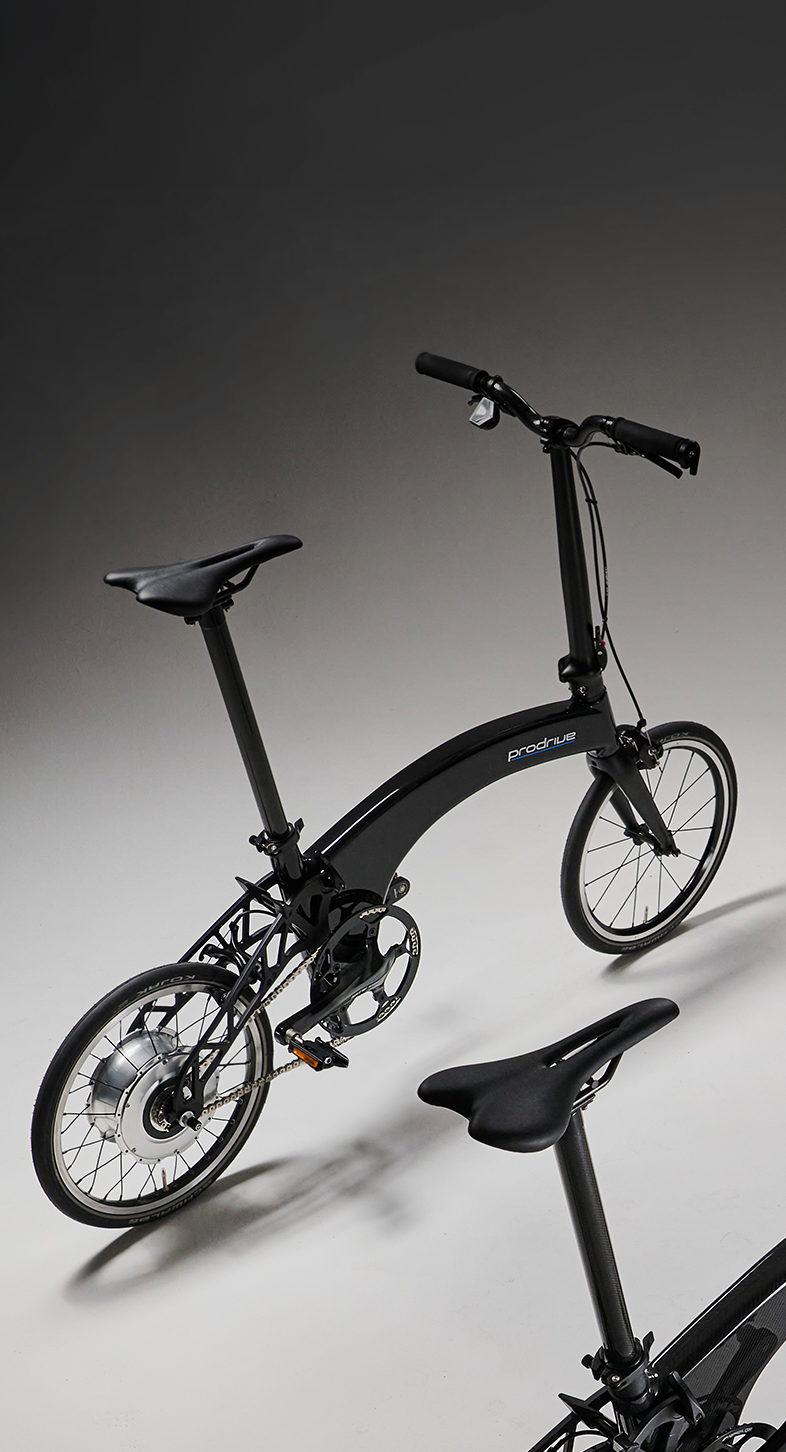
Prodrive Folding
Electric Bike
The ultimate city bike is here.
Latest from
the magazine
